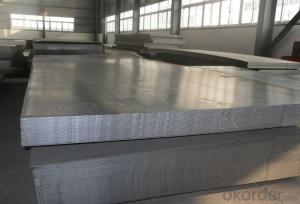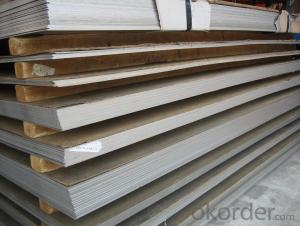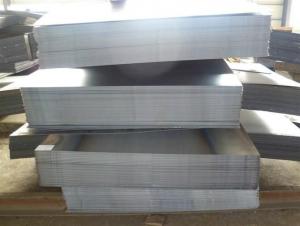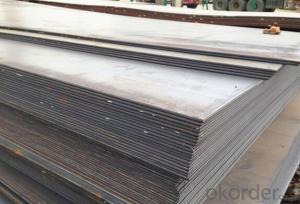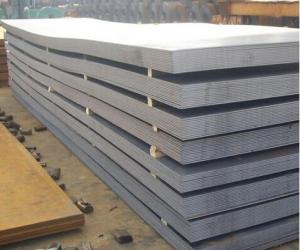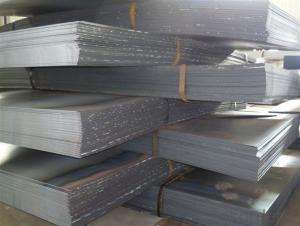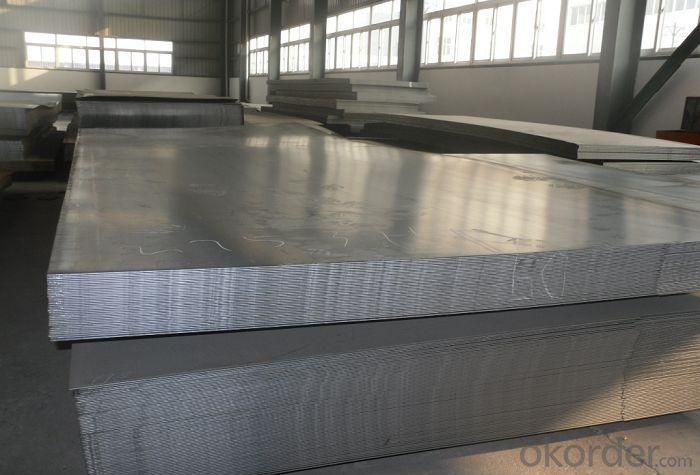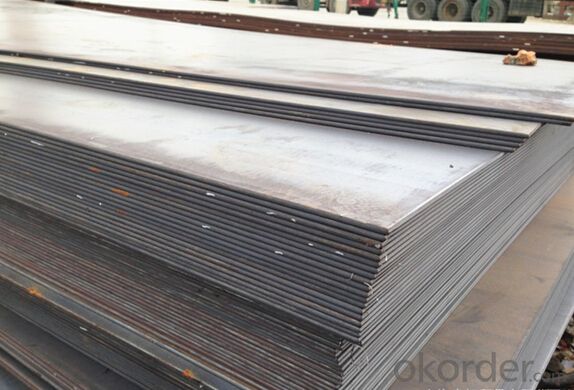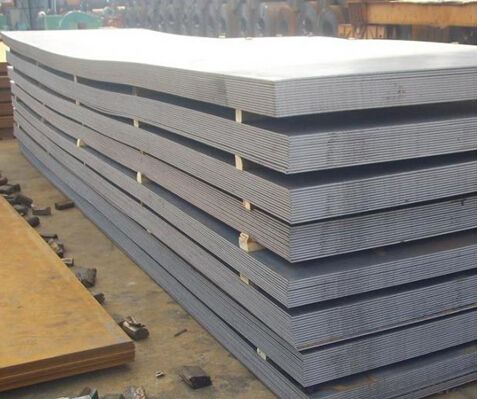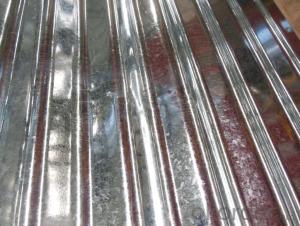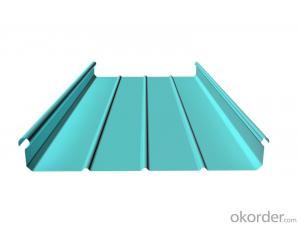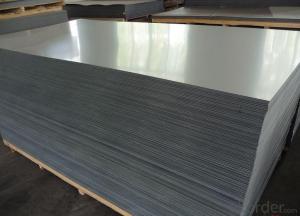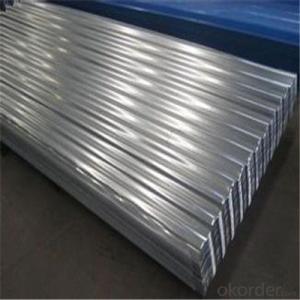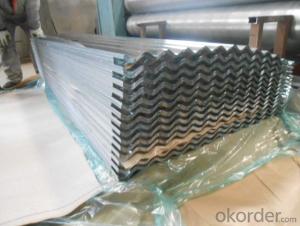Corrugated Galvanized Steel Sheet Metal Roofing Sheet
- Loading Port:
- Tianjin
- Payment Terms:
- TT OR LC
- Min Order Qty:
- 5 m.t.
- Supply Capability:
- 10000 m.t./month
OKorder Service Pledge
OKorder Financial Service
You Might Also Like
Specification
Corrugated Galvanized Steel Sheet Metal Roofing Sheet
Specification of the Corrugated Galvanized Steel Sheet Metal Roofing Sheet
| NAME | PPGI | GALVANIZED | GALVALUME/ZINCALUME |
| CERTIFICATE | ISO9001:2008 | ||
| STANDARD | EN10142 JIS G3302 GB/T-12754-2006 | ASTM A653M JIS G3302 GB/T2518 EN 10142 | ASTM A792M JIS G3321 JIS G3317 EN 10215 |
| GRADE | CGCC CGCH CGCD1-CGCD3 CGC340-CGC570 | DX51D+Z/DX52D+Z/S250GD+Z S300GD+Z/S350GD+Z/S550GD+Z SGCC/SGCH/SGCD1-SGCD3/SGC340-SGC570 G2+Z/G3+Z/G250+Z/G300+Z G350+Z/G550+Z | DX51D+AZ/DX52D+AZ/S250GD+AZ S300GD+AZ/S350GD+AZ/S550GD+AZ SGLCC/SGLCD/SGLC300-SGLC570 G2+AZ/G3+AZ/G250+AZ/G300+AZ G350+AZ/G550+AZ |
| COATING | RAL COLOURS | Z60g/m2 to Z275g/m2 | AZ30g/m2 to AZ150g/m2 |
| SIZE | (0.13mm-1.5mm)X1000mm OR as requirements | (0.13mm-4.0mm)X1500mm OR as requirements | (0.12mm-4.0mm)X1500mm OR as requirements |
| TYPE | Steel coil Steel sheets/plates Corrugated steel sheets/plates | Steel coil Steel sheets/plates Corrugated steel sheets/plates | Steel coil Steel sheets/plates Corrugated steel sheets/plates |
| TECHNIQUE | Hot rolled-cold rolled -galvalume /galvanized -PPGI/PPGL | Hot rolled-cold rolled -galvanized | Hot rolled-cold rolled -galvalume /Aluzinc |
| SURFACE TREATMENT | Mini/regular/big/zero spangle,Chromate treatment /chromate-free treatment /untreated unoile/oiled, TENSION LEVELLER SKIN PASS anti-fingerprint/un-anti-fingerprint, Coating,color | Mini/regular/big/zero spangle,Chromate treatment /chromate-free treatment /untreated unoile/oiled,TENSION LEVELLERT SKIN PASS anti-fingerprint/un-anti-fingerprint,Coating | |
| APPLICATION | Structural use ,roofing, commercial use, household appliance, industry, family Roofs and outside walls of civilian and industrial buildings, garage doors, fencings and window blinds; Outer clad sheets for washing machine, refrigerator, televi-sion, air conditioner and ventilation system, explosion-proof strip, solar water heater and appliance parts; Muffler, heat shields of exhaust pipe and catalytic converter, auto parts & accessories under the frame, signboard in high -way; Electric control cabinet, industrial refrigeration equipment, automatic vending machine; Wear resistant steel, high- strength - steel plate | ||
Supplier of the Corrugated Galvanized Steel Sheet Metal Roofing Sheet
CNBM International Corporation is the most import and export platform of CNBM group(China National Building Material Group Corporation) ,which is a state-owned enterprise, ranked in 270th of Fortune Global 500 in 2015.
With its advantages, CNBM International are mainly concentrate on Cement, Glass, Iron and Steel, Ceramics industries and devotes herself for supplying high quality series of refractories as well as technical consultancies and logistics solution.
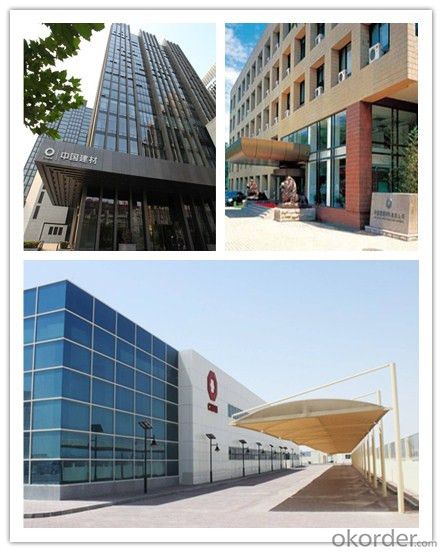
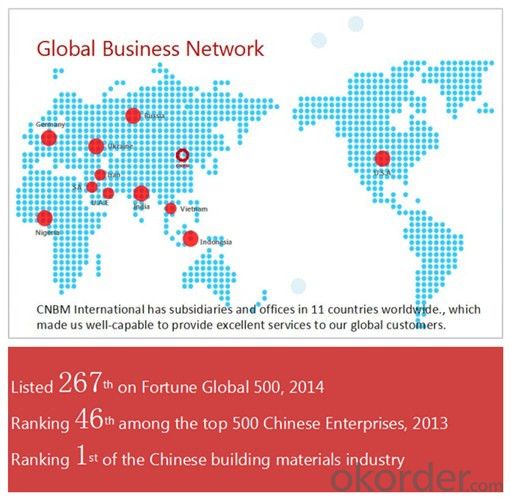
Delivery of the Corrugated Galvanized Steel Sheet Metal Roofing Sheet
Packaging Detail | Sea worthy packing /as per customer's packing instruction |
Delivery Detail | 15 ~ 40 days after receiving the deposit |
Products Show
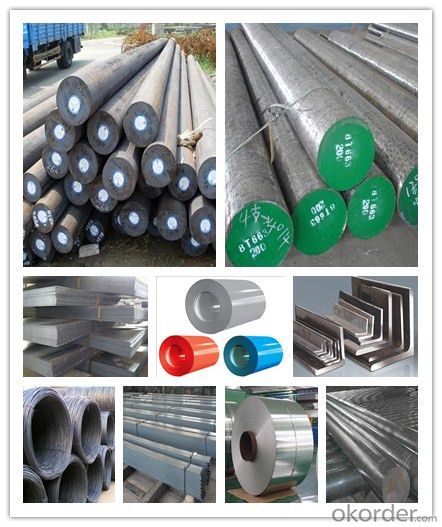
FAQ:
Are you a trading company or manufacturer? | Manufacturer |
What’s the MOQ? | 3 metric ton |
What’s your delivery time? | 15-35 days after downpayment received |
Do you Accept OEM service? | Yes |
what’s your delivery terms? | FOB/CFR/CIF |
What's the Payment Terms? | 30% as deposit,70% before shipment by T/T |
Western Union acceptable for small amount. | |
L/C acceptable for large amount. | |
Scrow ,Paybal,Alipay are also ok | |
Why choose us? | Chose happens because of quality, then price, We can give you both. Additionally, we can also offer professional products inquiry, products knowledge train (for agents), smooth goods delivery, excellent customer solution proposals. |
What's your available port of Shipment? | Main Port, China |
What’s your featured services? | Our service formula: good quality+ good price+ good service=customer's trust
|
Where are your Market? | Covering more than 160 countries in the world |
- Q: How is heat-resistant steel used in the production of furnaces and boilers?
- Heat-resistant steel is used in the production of furnaces and boilers due to its ability to withstand high temperatures without deformation or failure. This type of steel is specifically designed to maintain its strength and structural integrity even when exposed to extreme heat conditions. By using heat-resistant steel, furnaces and boilers can efficiently generate and contain high levels of heat, ensuring a safe and reliable operation.
- Q: What are the applications of special steel in the railway industry?
- Special steel has a wide range of applications in the railway industry. It is commonly used in the manufacturing of rails, which need to be durable and able to withstand heavy loads and constant wear and tear. Special steel is also used in the construction of railway bridges and tunnels, as it offers high strength and resistance to corrosion. Additionally, special steel is used in the production of various railway components such as wheels, axles, and couplers, ensuring safety and reliability in train operation.
- Q: Can special steel be used in the production of springs?
- Yes, special steel can be used in the production of springs. Special steel, such as alloy steel or high carbon steel, is often preferred for spring manufacturing due to its excellent strength, durability, and elasticity properties. This type of steel allows for the production of springs that can withstand high stress, maintain their shape, and provide reliable performance over an extended period of time.
- Q: How does special steel contribute to the automotive fuel efficiency?
- Special steel contributes to automotive fuel efficiency in several ways. Firstly, it allows for the construction of lighter and stronger components, such as the body frame and engine parts, which reduces the overall weight of the vehicle. A lighter vehicle requires less energy to accelerate and maintain speed, resulting in improved fuel efficiency. Secondly, special steel can be used to manufacture components with higher precision and tighter tolerances, minimizing friction and energy loss within the engine and drivetrain. Additionally, the use of special steel in exhaust systems helps to improve the efficiency of emissions control technologies, reducing the environmental impact of the vehicle. Overall, special steel plays a crucial role in enhancing fuel efficiency by enabling the production of lighter, stronger, and more efficient automotive components.
- Q: Can special steel be used in the chemical processing industry?
- Yes, special steel can be used in the chemical processing industry. Special steel alloys, such as stainless steel, offer excellent corrosion resistance and high strength, making them suitable for various applications in chemical plants. These steels can withstand the harsh conditions, chemicals, and high temperatures typically encountered in chemical processing, ensuring the safety and efficiency of the operations.
- Q: What are the factors that affect the weldability of special steel?
- The factors that affect the weldability of special steel include the composition of the steel, including the presence of elements such as carbon, alloying elements, and impurities; the heat treatment history of the steel; the thickness and shape of the steel; the welding process and parameters used; and the skill and experience of the welder.
- Q: What are the main applications of special steel in the electronics packaging?
- Special steel is widely used in electronics packaging due to its excellent properties such as high strength, corrosion resistance, and thermal conductivity. It is primarily used in the manufacturing of various components like connectors, enclosures, and heat sinks. These applications ensure the protection of delicate electronic circuits, facilitate efficient heat dissipation, and provide reliable connections, ultimately enhancing the performance and longevity of electronic devices.
- Q: What are the different machining techniques for special steel?
- There are several different machining techniques that can be used for special steel, depending on the specific requirements and characteristics of the steel. Some common machining techniques for special steel include turning, milling, drilling, grinding, and broaching. Each technique has its own advantages and is used to achieve different results, such as shaping the steel, removing material, or creating precise cuts and finishes. The choice of machining technique will depend on factors such as the desired outcome, the hardness and toughness of the steel, and the complexity of the part being machined.
- Q: How is special steel tested for quality control?
- Special steel is tested for quality control through various methods such as chemical analysis, mechanical testing, non-destructive testing, and visual inspection. These tests ensure that the steel meets specific standards for composition, strength, toughness, and other properties. Additionally, special steel may undergo heat treatment and surface treatment tests to ensure its performance and durability.
- Q: How is special steel protected against corrosion?
- Special steel is protected against corrosion through various methods such as applying a protective coating, using corrosion-resistant alloys, or implementing techniques like passivation and electroplating.
Send your message to us
Corrugated Galvanized Steel Sheet Metal Roofing Sheet
- Loading Port:
- Tianjin
- Payment Terms:
- TT OR LC
- Min Order Qty:
- 5 m.t.
- Supply Capability:
- 10000 m.t./month
OKorder Service Pledge
OKorder Financial Service
Similar products
Hot products
Hot Searches
Related keywords
